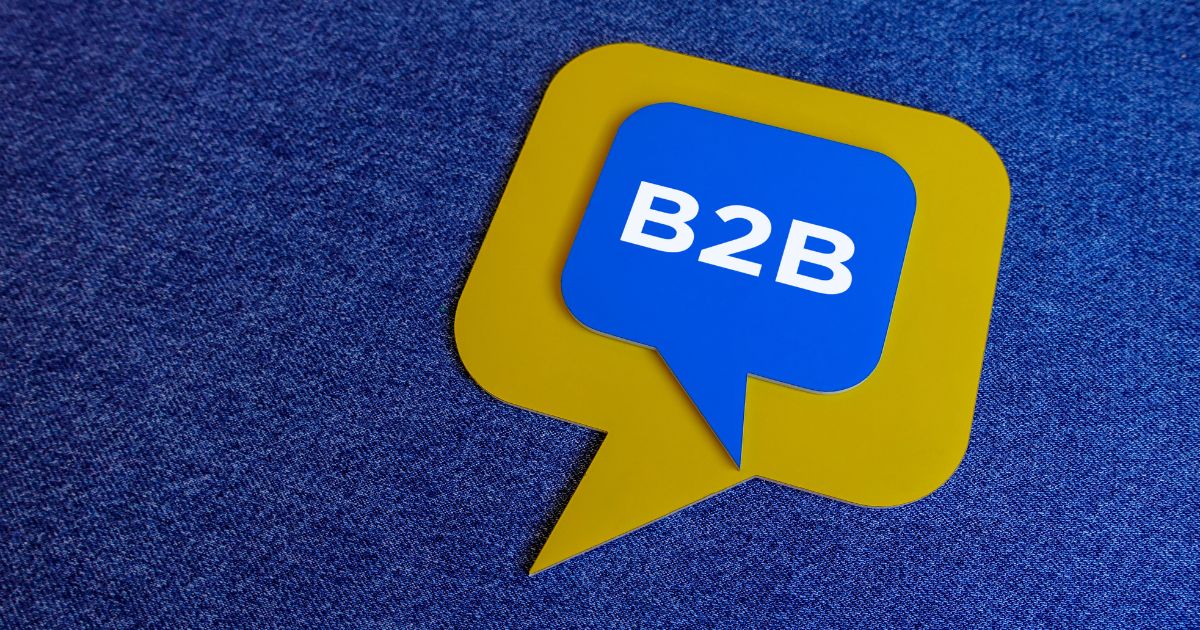Read time:
Imagine a scenario where a B2B company struggles to launch a new product. The leadership team is confident about the product’s potential, but there’s a catch—they need to understand the needs and expectations of other businesses in their industry. Without the right insights, even the most innovative products can fail. This is where B2B panels come into play, offering a valuable tool to gather targeted, actionable feedback from business professionals.
Understanding B2B Survey Panels
B2B panels consist of business professionals who have agreed to participate in surveys aimed at gathering insights from industry decision-makers. Unlike consumer panels, B2B panels focus on understanding the preferences, challenges, and needs of businesses, ensuring that the data collected is relevant and actionable for companies looking to refine their products, services, or marketing strategies.
Importance in Market Research
For B2B companies, understanding the market landscape is crucial. These panels allow businesses to tap into the minds of industry professionals, providing a clearer picture of market trends, competitor strategies, and customer needs. This approach is a cost-effective way to gather data that influences strategic decisions, from product development to marketing campaigns. In an increasingly competitive market, the ability to make data-driven decisions can determine success.
How B2B Panels Operate
B2B panels work by recruiting professionals from specific industries who meet predefined criteria. These professionals are invited to participate in surveys relevant to their expertise, covering a wide range of topics, including industry trends, product feedback, and business challenges. The data collected is then analyzed to provide insights that help companies make informed decisions, ensuring high-quality data by targeting respondents knowledgeable in the subject matter.
Benefits of Using B2B Panels
One of the primary benefits is the ability to gather insights from a highly targeted audience, leading to more accurate and relevant data for refining business strategies. Additionally, B2B panels offer faster data collection compared to traditional methods, allowing businesses to respond quickly to market changes. They also provide access to hard-to-reach professionals, making it easier for companies to gather insights from top decision-makers in their industry.
Overcoming Challenges
While B2B panels offer numerous benefits, they are not without challenges. Recruiting qualified professionals willing to participate in surveys can be difficult, but this can be mitigated by offering incentives, ensuring surveys are relevant and concise, and working with reputable panel providers. Maintaining data quality and reliability can be challenging, but rigorous screening processes and continuous panel management help address these issues.
Technology’s Role
Technology plays a crucial role in the effectiveness of B2B panels. Advanced survey platforms enable businesses to design customized surveys, track responses in real-time, and analyze data efficiently. Artificial intelligence and machine learning are also enhancing data quality by identifying patterns and outliers, helping businesses extract deeper insights and making the data more actionable.
How Zamplia Can Help
Zamplia offers a comprehensive solution for businesses looking to harness the power of B2B panels. By providing access to a vast network of industry professionals, Zamplia ensures companies gather the insights needed to make informed decisions. Whether it’s understanding market trends, gauging customer satisfaction, or testing new product concepts, Zamplia helps businesses leverage B2B panels to achieve their goals. With our expertise in panel management and data analysis, we make it easier for companies to gain a competitive edge. Take a tour or book a demo with us today.
Real-World Applications
B2B panels have been used successfully across various industries to drive business growth. For instance, a technology company might use a panel to test the market viability of a new software product. By gathering feedback from IT managers and CTOs, the company can refine its product before launch, increasing its chances of success. Similarly, a manufacturing firm might use a panel to understand the challenges faced by its customers, allowing it to tailor its services more effectively.
Ethical Considerations
Ethical considerations are essential when conducting surveys with B2B panels. It’s crucial to ensure that participants’ privacy is respected, and their data is handled responsibly. Transparency in how the data will be used and obtaining informed consent are fundamental practices that should be upheld. Moreover, avoiding biases in survey design and analysis ensures that the insights gathered are accurate and reflective of the broader industry perspective.
Future Trends
As the market research landscape evolves, B2B panels are expected to become even more sophisticated. Advances in technology will continue to improve the quality and speed of data collection. The integration of social media and other digital platforms will expand the reach of these panels, making it easier to connect with niche audiences. Additionally, as businesses increasingly rely on data-driven decisions, the demand for high-quality insights from B2B panels will only grow.
Conclusion
B2B panels offer a powerful tool for businesses looking to gain valuable insights from industry professionals. By leveraging these panels, companies can make informed decisions that drive growth and innovation. Whether it’s understanding market trends or refining product offerings, these panels provide the data needed to stay competitive. How will your business use this tool to its advantage?
FAQs
Ensuring data quality and reliability involves working with reputable panel providers who implement rigorous screening processes. Additionally, surveys should be designed to minimize biases and collect responses from qualified professionals. Continuous monitoring and data validation are also crucial to maintaining high standards.
Effective incentives for B2B panels include monetary rewards, access to exclusive industry reports, and opportunities for professional networking. Tailoring incentives to the interests of the target audience can significantly improve participation rates.
Yes, certain industries may have challenges, such as lower participation rates or difficulty accessing niche professionals. Overcoming these challenges involves using targeted recruitment strategies, offering relevant incentives, and partnering with specialized panel providers who have experience in the specific industry.

 Quality Assurance
Quality Assurance
 Real-Time Analytics
Real-Time Analytics
 Sample Marketplace
Sample Marketplace
 Survey Builder
Survey Builder
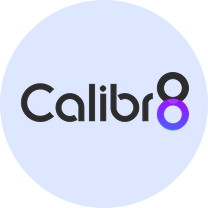 Calibr8
Calibr8 API & Integrations
API & Integrations Custom Scripting
Custom Scripting Multi-Language Support
Multi-Language Support White-Label Solutions
White-Label Solutions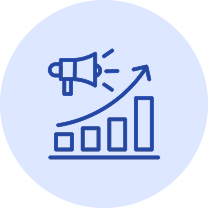 Brand & Advertising Research
Brand & Advertising Research Competitive Intelligence
Competitive Intelligence Customer Experience Studies
Customer Experience Studies Market Segmentation
Market Segmentation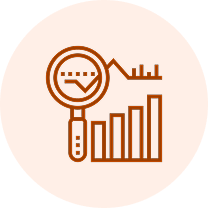 Product Testing & Feedback
Product Testing & Feedback Academic Research
Academic Research Financial Services Research
Financial Services Research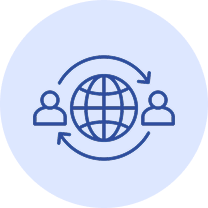 B2B Professional Panels
B2B Professional Panels Consumer Research Panels
Consumer Research Panels Global Panel Network
Global Panel Network Premium Provider Partners
Premium Provider Partners Social Media Recruitment
Social Media Recruitment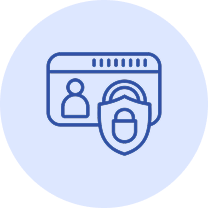 Fraud Detection System
Fraud Detection System Profile Verification
Profile Verification Quality Scoring Algorithm
Quality Scoring Algorithm Real-Time Quality Monitoring
Real-Time Quality Monitoring Response Time Analysis
Response Time Analysis Blog & Insights
Blog & Insights Case Studies
Case Studies